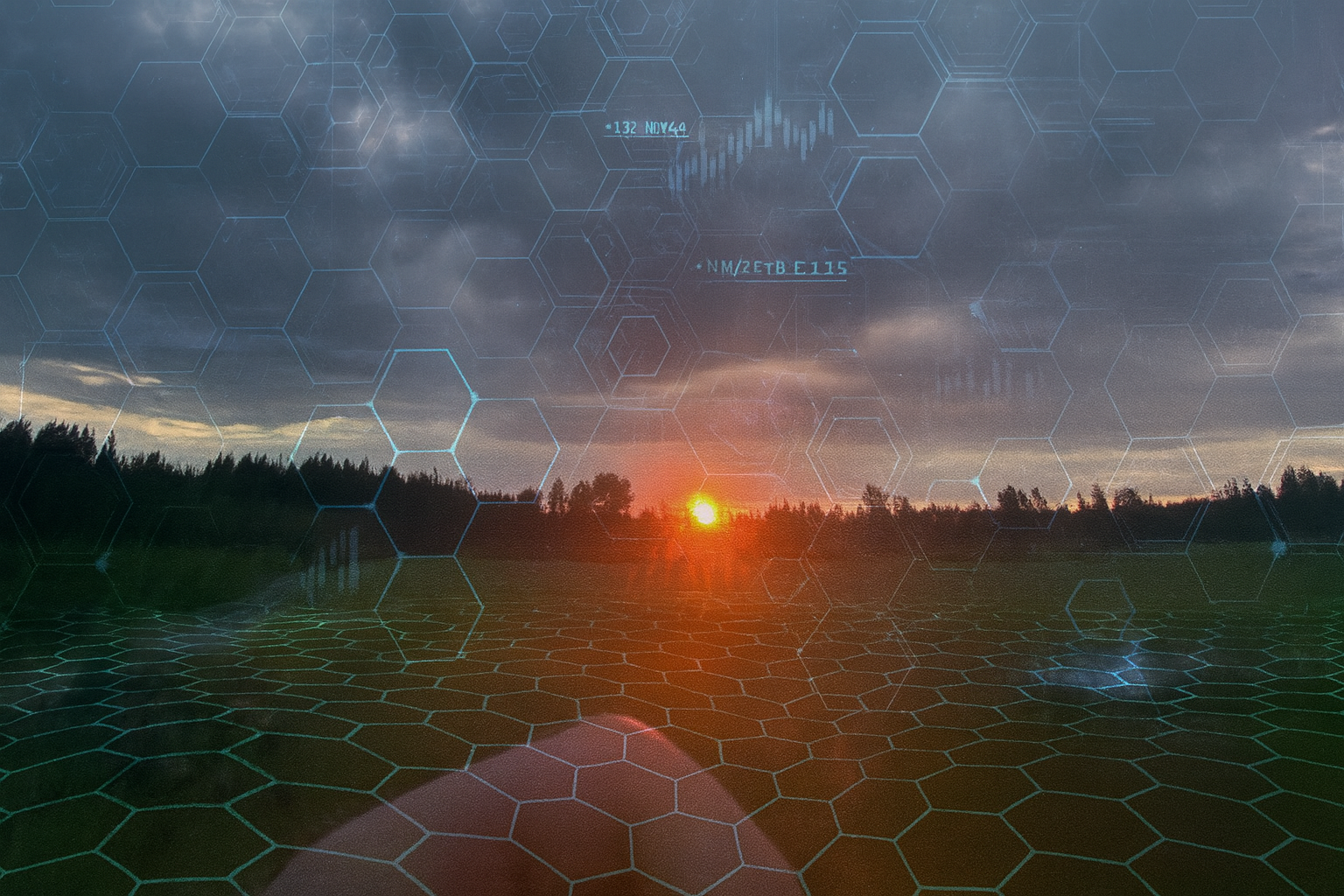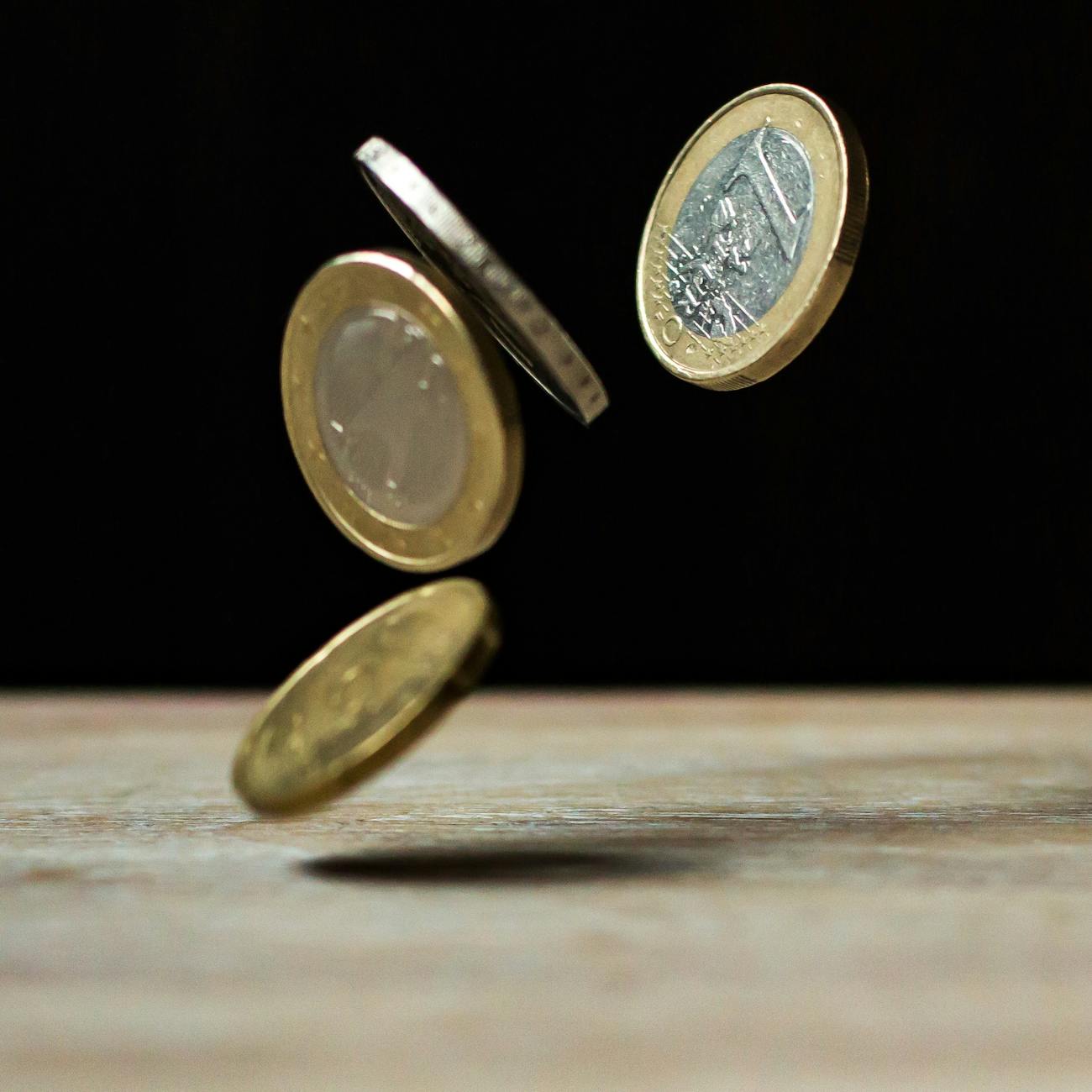People have asked. The world of Waking Up is well and good. But how did humanity actually get there?
The shift that changed everything.
People still ask:
How did the world actually change?
How did we move from a system of money, ownership, debt, competition, war and scarcity…
to a world of cooperation, sharing, abundance, and peace?
The answer isn’t simple.
But it’s not mysterious either.
It happened the only way it could:
peacefully. Voluntarily. Gradually—then suddenly.
It is important to emphasize that the transition to the new world happened completely voluntary on all levels.
⸻
🌱 The Seeds Were Always There
Even in the darkest days of exploitation and inequality, people cared.
Some gave their time. Some gave their voices. A few gave their fortunes.
Philanthropy wasn’t new.
For centuries, wealthy individuals had donated to causes—sometimes out of genuine compassion, sometimes for legacy, reputation, or tax benefits. But starting in the early 21st century, a quiet revolution of heart and mind began to stir.
It didn’t look like a revolution at first.
There were no tanks in the streets.
Only a shift in consciousness.
More and more people began to wake up.
To see the insanity of endlessly pursuing profit while the planet burned.
To feel the dissonance of having more than enough while billions struggled to survive.
To ask: Is this really the best we can do?
⸻
🧠 A Global Awakening
What followed was more than politics or economics—it was spiritual.
People everywhere began questioning the foundational assumptions of the system.
Not with anger. Not with violence. But with clarity.
Billionaires, too, began to change.
Not all at once. But the ripple became a wave.
Figures like Warren Buffett, Bill Gates, and George Soros—already known for their philanthropy—began to do something different:
They stopped trying to fix the system.
They started planting seeds for a new one.
They funded open-source education. Renewable cities. Regenerative agriculture.
They began conversations, supported experiments, and—perhaps most importantly—stepped aside when others brought better ideas.
They didn’t build the new world.
But they helped fund its birth.
Even those who weren’t ready to divest during their lifetime began to shift perspective.
People like Elon Musk, known for pushing the boundaries of technology and ambition, also pledged to give away the majority of their wealth—after their passing.
At first, it seemed like a safety valve, a way to give without letting go.
But even that was a step. A public recognition that the accumulation of vast wealth could—and should—serve something larger than the self.
Many of these posthumous pledges became part of the COL seed funds, as their estates were redirected—not to private heirs or trusts—but to humanity’s shared inheritance.
Paradoxically enough the new moneyless world was created with money.
⸻
🌍 Enter the Cities of Light
The real turning point came when those ideas were brought together.
Not just scattered projects and good intentions—but an integrated vision.
The first Cities of Light were born as living prototypes—places where people could experience a life beyond money.
They weren’t cults or communes.
They were open-source civilizations.
Testbeds for what could be.
And yes, they were funded—at first—by people who had once benefited from the old world.
People like Amo Michaels(Benjamin Michaels’ daughter)—once a billionaire, now a legend.
She didn’t just donate.
She divested. Buy She not only released her assets into the commons. She also actively helped plan and build the first cities.
She helped design the first COL as a gift to humanity, not a monument to herself.
She wasn’t alone.
⸻
💫 The Power of Voluntary Transition
That’s the key to it all.
There was no war. No forced redistribution. No bloody revolution.
It was a voluntary transition.
One led by the willing, not the coerced.
Because as the COLs proved what was possible—self-sustaining systems, meaningful work, joyful community—people stopped clinging to the old way.
Even those who had power in the old world realized they were trapped by it too.
They weren’t losing control.
They were finally letting go.
And what came instead…
was something no one had expected:
freedom.
⸻
📖 So… How Did It Happen?
Like this:
• People woke up.
• Some of them had influence.
• They used it differently.
• Others followed.
• A new path became visible.
• And when people saw it, they chose it.
That’s how it happened.
Not overnight. But inevitably.
Not with conquest. But with compassion.
Not with force. But with faith.
Not because someone made it happen.
But because enough people said:
“Let’s do this differently.”
And they did.
Would you like to read the story of a man who wakes up in this future and goes through trials and tribulations? If so, you can order the book HERE.


